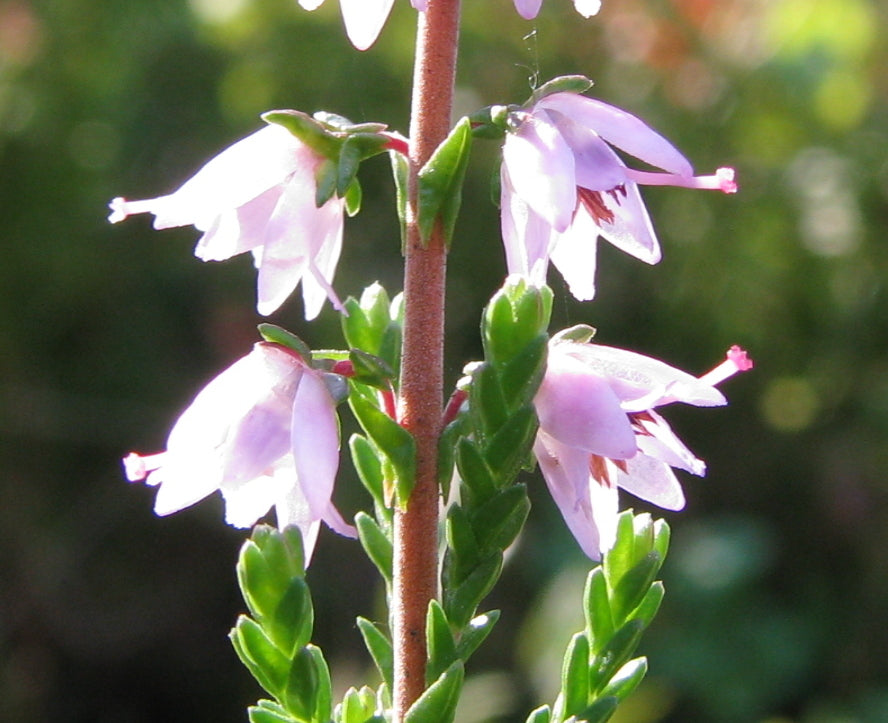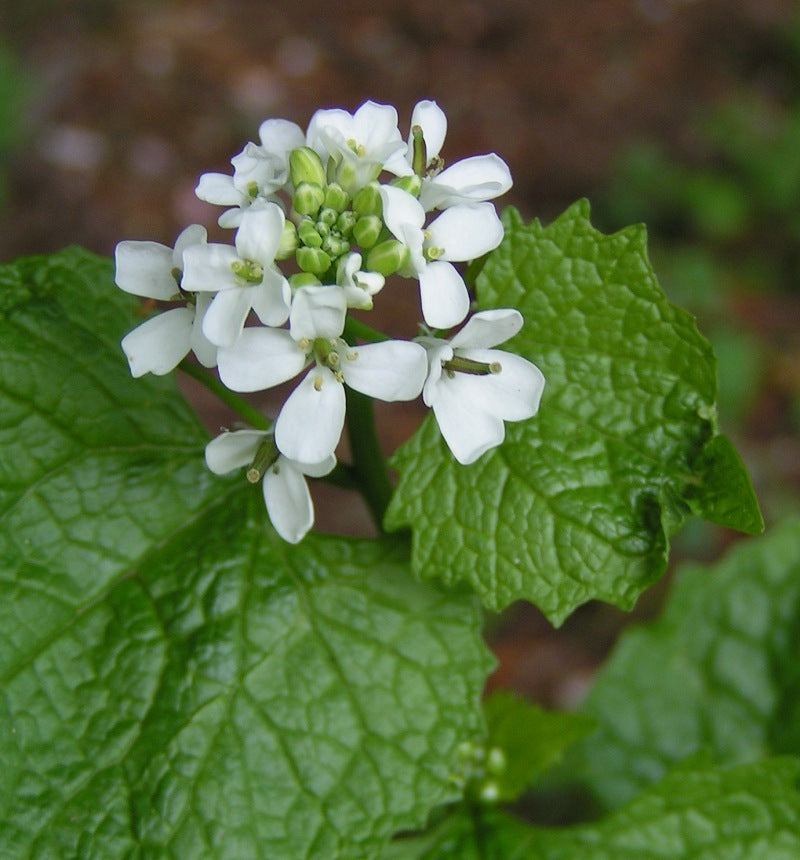Wild Edible Of The Week - Week 22 - "Wild Gooseberry"
Botanical name : Ribes uva-crispa
Common names : Gooseberry, Fae-berry

Physical appearance : A numerously branched low growing spiny shrub, growing up to 1.2 metres (4ft) in height. Its leaves have 3 or 4 lobes which are blunt "toothed". It has small, drooping, downward pointing flowers which are green with red/pink/purple tinges. The fruit (berries) have a rounded, oval shape, are greenish yellow in colour. The fruit has small "hairs" on it, which are not harmful.
(Cultivated Red Gooseberry Fruit).
Edible parts : The whole fruit can be eaten.

Best places to find : Woodlands, hedgerows and wasteland.
Time of year : The fruit tends to mature from July up to September.
Serving suggestions : Works well as a base for desserts and puddings or when mixed with other types of berry. Some examples include gooseberry pie, gooseberry fool, gooseberry jelly.
Other recipes : "Oldbury tarts" made from pastry, demerara sugar and gooseberries. "Fennel and Gooseberry Sauce" for serving with Mackarel (recipe - stew a handful of gooseberries in a little cider. Pass the mixture through a sieve then mix with chopped fennel. Add mustard and honey to taste).
Interesting factoid - "Gooseberry bush" was 19th-century slang for pubic hair and from this comes the saying that babies are "born under a gooseberry bush"
NB - Please be sure you know what you are picking. Many plants look similar to one another and many can be poisonous! Please seek professional instruction if you are unsure! Don't risk your life!!!
Photos courtesy of:
Factumquintus - Creative Commons
By Darkone - Own work, CC BY-SA 2.5, https://commons.wikimedia.org/w/index.php?curid=241252
By User:Ridinghag - photo made by myself, Public Domain, https://en.wikipedia.org/w/index.php?curid=26741565



